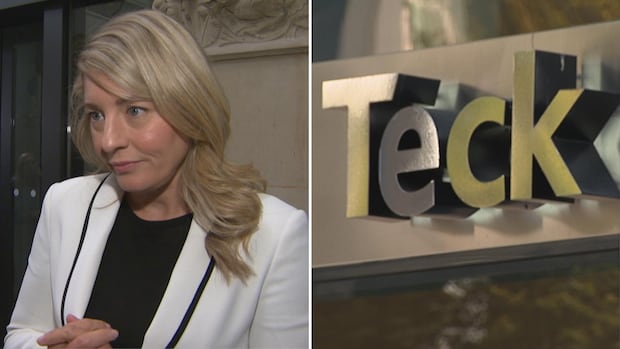Premier Doug Ford’s next move to reform alcohol retail in Ontario could be allowing supermarket chains to sell their own private-label wine and beer, such as Costco’s Kirkland Signature brand.
The government recently began consulting with the industry about making further changes to Ontario’s rules on booze sales.
As part of the consultations, big grocery is lobbying for Ontario to end its ban on supermarkets selling their own-brand alcohol products, CBC News has learned.
Current provincial regulations prohibit grocery stores from selling any brands of beer or wine in which they have “a direct or indirect financial interest.”
Small wineries in the province fear the consequences of lifting that ban.
“Allowing private label wine in grocery, big box and convenience stores would be a severe blow to Ontario’s wine industry,” said Michelle Wasylyshen, president and CEO of Ontario Craft Wineries, which represents more than 100 wine producers.
The LCBO earns nearly 80 per cent of its revenue from its retail outlets, all currently closed by strike, the corporation’s latest annual report shows. CBC’s Mike Crawley breaks down how the LCBO currently turns a profit and how things are expected to change with the Ford government’s reforms — including the premier’s plan to sell select alcohol in Ontario convenience and grocery stores.
Wasylyshen says while craft wineries deeply value their working relationship with the grocery stores, Ontario’s private-label ban needs to stay in place so that locally-produced wines are not pushed out by the big supermarket chains.
“This is a black and white issue for us, backed by data and previous experience. There is no grey zone,” she said in an email to CBC News.
B.C. also bans private-label sales
Canada’s other major wine-producing province, British Columbia – where it’s a $3.75 billion-a-year industry – also bans supermarkets from selling their own brands.
The Retail Council of Canada, which represents all the large supermarket and big-box chains including Costco, Loblaws, Walmart and Sobeys, says its members in Ontario are interested in selling their own brands of alcohol.
“Private label increases competition, lowering prices for customers, because brewers and vineyards need to indirectly compete with the lower retail prices of private label brands,” said Sebastian Prins, the Retail Council’s director of government relations for Ontario, in an email to CBC News.
Prins says the province’s wine industry would remain protected by provincial regulations requiring supermarkets to allocate certain portions of shelf-space to Ontario-made products.

He also says private-label sales could benefit grape growers in Ontario because the retailers would be looking for new sources for their wine.
But with cross-border trade tensions remaining high, and the LCBO currently not stocking U.S. products, a spokesperson for Ford says private-label sales are not currently planned as part of the government’s modernization of alcohol retailing.
‘Supporting Ontario growers’ is Ford’s priority
“Our priority right now is supporting Ontario growers and supporting Ontario-made products,” said Ford’s director of media relations, Grace Lee.
The push on private-label sales comes less than a year after Ford sped up the timeline for allowing convenience stores to sell beer, wine and ready-to-drink cocktails. That move is costing taxpayers at least $612 million, including $225 million of compensation paid to the mega-breweries that own The Beer Store for the expanded retail competition.
In April, Ford announced a shift in pricing rules so that convenience stores now get their products supplied at a 15 per cent discount from the LCBO’s retail price, giving them a potentially higher margin on wine and beer than grocery stores, whose discount remains at 10 per cent.
The Retail Council and the Canadian Federation of Independent Grocers wrote a joint letter to Ford last month asking for a number of changes to the province’s booze marketplace, including the ability to sell private-label alcohol.
The chain and independent supermarkets also raised concerns about the mandate that all grocery stores selling beer and wine must start accepting returns of empty cans and bottles in 2026, a requirement not imposed on convenience stores.






